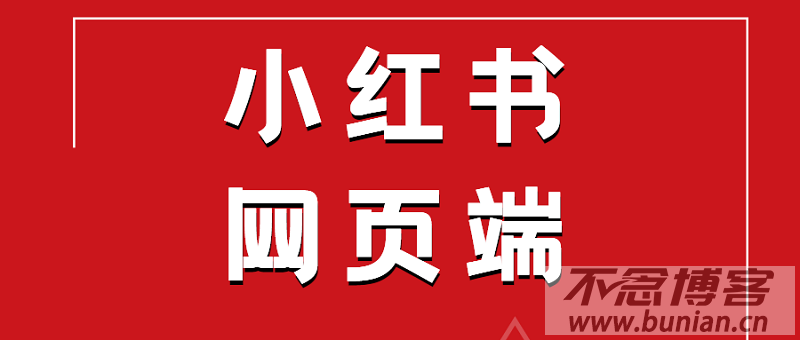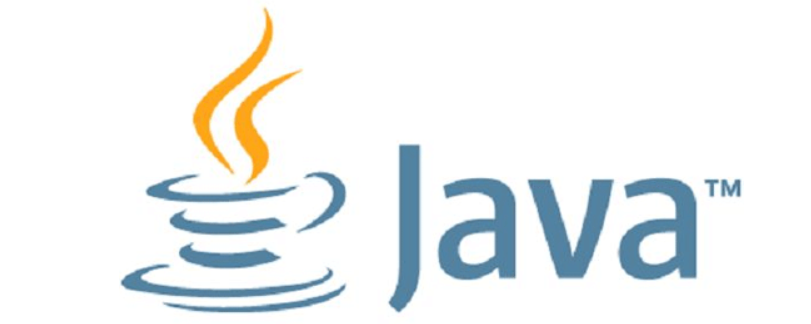在C++中,重载(Overloading)和重写(Overriding)是两个不同的概念,它们都是多态的实现方式,但应用的上下文和规则有所不同。
下面不念将通过具体的例子来解释这两个概念及其区别。
![C++ 重载和重写的区别 图片[1]-C++ 重载和重写的区别-不念博客](https://www.bunian.cn/wp-content/uploads/2024/01/image-102.png)
重载(Overloading)
重载是指在同一作用域内存在多个同名函数,但这些函数的参数列表(参数的数量或类型)不同。
特点:
- 发生在同一个类中或者在同一个作用域内。
- 函数名相同,但参数列表不同(参数类型、个数或者顺序不同)。
- 与函数的返回类型无关。
例子:
class Printer {public:void Print(int i) {std::cout << "Integer: " << i << std::endl;}void Print(double f) {std::cout << "Float: " << f << std::endl;}void Print(const std::string &s) {std::cout << "String: " << s << std::endl;}};// 使用Printer printer;printer.Print(10); // 调用 Print(int)printer.Print(3.14); // 调用 Print(double)printer.Print("Hello"); // 调用 Print(const std::string&)class Printer { public: void Print(int i) { std::cout << "Integer: " << i << std::endl; } void Print(double f) { std::cout << "Float: " << f << std::endl; } void Print(const std::string &s) { std::cout << "String: " << s << std::endl; } }; // 使用 Printer printer; printer.Print(10); // 调用 Print(int) printer.Print(3.14); // 调用 Print(double) printer.Print("Hello"); // 调用 Print(const std::string&)class Printer { public: void Print(int i) { std::cout << "Integer: " << i << std::endl; } void Print(double f) { std::cout << "Float: " << f << std::endl; } void Print(const std::string &s) { std::cout << "String: " << s << std::endl; } }; // 使用 Printer printer; printer.Print(10); // 调用 Print(int) printer.Print(3.14); // 调用 Print(double) printer.Print("Hello"); // 调用 Print(const std::string&)
重写(Overriding)
重写是指在派生类中重新定义基类中的虚函数(virtual function)。
重写的函数必须具有相同的签名(即相同的函数名、参数列表和返回类型)。
特点:
- 发生在基类和派生类之间。
- 函数名、参数列表和返回类型都必须相同。
- 基类中的函数必须是虚函数(使用
virtual关键字声明)。
例子:
class Animal {public:virtual void Speak() {std::cout << "Animal speaks" << std::endl;}};class Dog : public Animal {public:void Speak() override { // 重写 Speak()std::cout << "Dog barks" << std::endl;}};// 使用Animal* animal = new Animal();Animal* dog = new Dog();animal->Speak(); // 输出 "Animal speaks"dog->Speak(); // 输出 "Dog barks",调用的是 Dog 中重写的 `Speak()` 方法class Animal { public: virtual void Speak() { std::cout << "Animal speaks" << std::endl; } }; class Dog : public Animal { public: void Speak() override { // 重写 Speak() std::cout << "Dog barks" << std::endl; } }; // 使用 Animal* animal = new Animal(); Animal* dog = new Dog(); animal->Speak(); // 输出 "Animal speaks" dog->Speak(); // 输出 "Dog barks",调用的是 Dog 中 重写的 `Speak()` 方法class Animal { public: virtual void Speak() { std::cout << "Animal speaks" << std::endl; } }; class Dog : public Animal { public: void Speak() override { // 重写 Speak() std::cout << "Dog barks" << std::endl; } }; // 使用 Animal* animal = new Animal(); Animal* dog = new Dog(); animal->Speak(); // 输出 "Animal speaks" dog->Speak(); // 输出 "Dog barks",调用的是 Dog 中 重写的 `Speak()` 方法
重载与重写的区别
- 定义位置:
- 重载:在同一个类中或同一作用域内。
- 重写:在派生类中对基类的虚函数进行重新定义。
- 函数签名:
- 重载:函数名相同,但参数列表必须不同。
- 重写:函数名、参数列表和返回类型都必须与基类中的虚函数相同。
- 目的和用途:
- 重载:提供相同名称但适用于不同参数的方法,增加代码的可读性。
- 重写:在派生类中改变基类的虚函数行为,实现运行时多态。
- 关键字:
- 重载:没有特定关键字。
- 重写:可以使用
override关键字(C++11及以后版本)来显式指示重写。
- 多态性:
- 重载:属于静态多态,或编译时多态。
- 重写:属于动态多态,或运行时多态。
© 版权声明
本站文章由不念博客原创,未经允许严禁转载!
THE END











